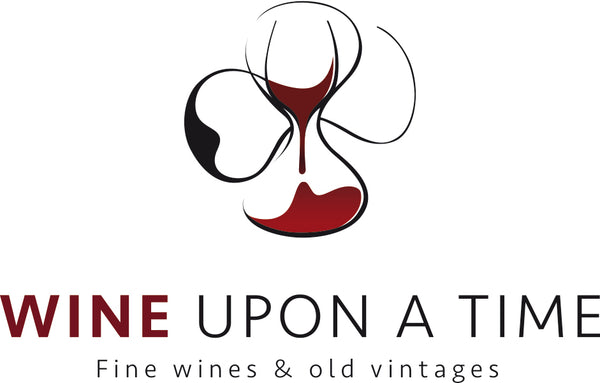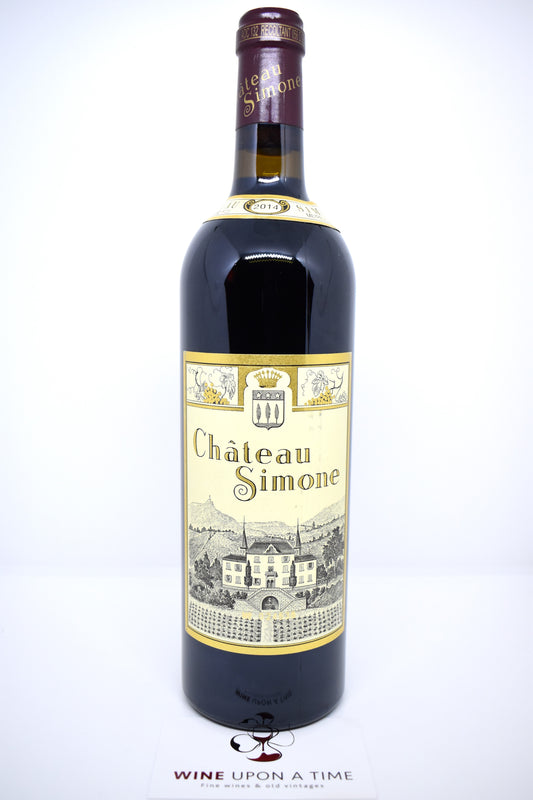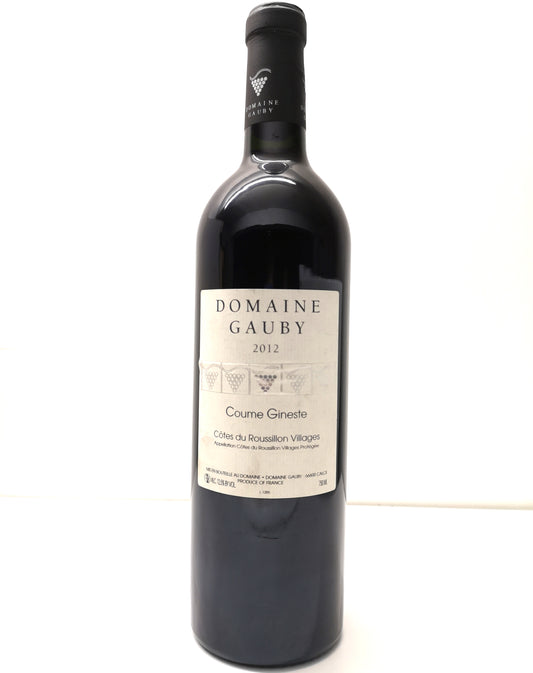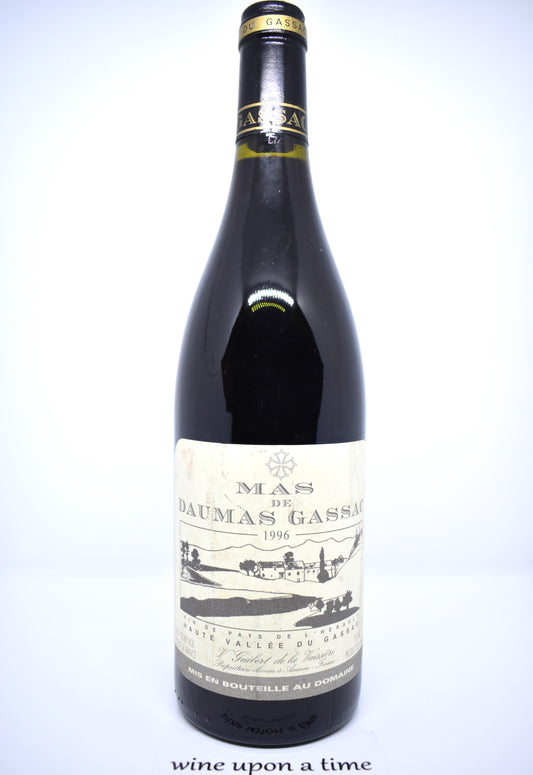Languedoc, located in the south of France, is one of the largest and oldest wine regions in the country. Long associated with the mass production of cheap wines, this region has reinvented itself to become one of the jewels of French winemaking today. Combining tradition and innovation, Languedoc now offers wines of remarkable quality, capable of competing with the most prestigious appellations.
1. A thousand-year-old history in the service of wine
Languedoc is one of the oldest wine-growing regions in the world:
- The Romans : From the 1st century BC, they planted the first vines there, attracted by its Mediterranean climate and varied soils.
- The Middle Ages : Abbeys and monasteries, such as Fontfroide Abbey, played a crucial role in the preservation and development of viticulture.
- The Industrial Age : In the 19th and 20th centuries, the region devoted itself to mass production, particularly to meet growing urban demand. However, this approach tarnished the reputation of Languedoc wines, which were often perceived as inferior in quality.
2. The wine crisis and the qualitative turning point
An identity crisis
In the 1970s, Languedoc faced a major crisis:
- Competition from low-priced foreign wines is forcing local producers to review their model.
- Overproduction leads to a fall in prices and a devaluation of the image of Languedoc wines.
Qualitative reconversion
Faced with this crisis, many winegrowers have decided to turn to higher quality production:
- The choice of grape varieties : Gradual abandonment of high-yielding grape varieties (such as Aramon) in favor of noble grape varieties such as Syrah, Grenache, Mourvèdre and Cinsault.
- Designations of origin : Significant efforts are made to obtain controlled designations of origin, guaranteeing a specific terroir and know-how. Notable PDOs include Minervois, Corbières, Pic Saint-Loup, and La Clape.
- Organic viticulture : Languedoc is today one of the leading regions in organic wine production in France.
3. A unique diversity of terroirs and wines
Languedoc is distinguished by an incredible geographical and climatic diversity, which makes it possible to produce a wide range of wines.
The emblematic terroirs
- The Corbières : A hilly region where red wines dominate, with intense aromas of garrigue and spices.
- Le Pic Saint-Loup : Located north of Montpellier, this terroir is renowned for its elegant reds and fruity rosés.
- La Clape : A former Mediterranean islet producing wines with exceptional minerality.
Wine styles
- Powerful and complex reds : Often made from blends of Syrah, Grenache and Mourvèdre, with notes of black fruits, liquorice and pepper.
- Refreshing rosés : Perfect for summer aperitifs, they offer aromas of red fruits and citrus fruits.
- Aromatic whites : Made from grape varieties such as Viognier or Roussanne, they are distinguished by their freshness and finesse.
4. Innovation at the heart of the renaissance
The revival of Languedoc also relies on a generation of bold and innovative winegrowers:
- Modernization of techniques : Use of stainless steel vats for better temperature control, barrels for precise aging, and vinification in amphorae for a return to the roots.
- Marketing and wine tourism : The estates open their doors to visitors, offering tastings, events and tours around the vineyards.
5. National and international recognition
Today, Languedoc wines are no longer simply associated with quantity, but with quality:
- International awards : Languedoc wines regularly appear in the rankings of the best wines in the world.
- Unbeatable value for money : While some regions see their prices explode, Languedoc offers exceptional wines at often very affordable prices.
Conclusion: Languedoc, a rediscovered treasure
In just a few decades, Languedoc has gone from being a region in crisis to becoming a major player in the French wine landscape. Combining a rich history, a diversity of terroirs and a desire to constantly progress, it now attracts wine lovers from all over the world.
Whether you are passionate or curious, exploring the wines of Languedoc means discovering an authentic region, where each bottle tells a story of rebirth and excellence.
A must-see, with a glass in hand! 🍷









